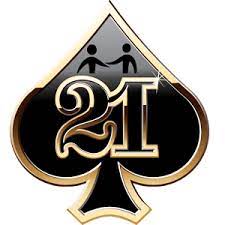자동차대출: 현명한 선택을 위한 가이드
자동차대출이란? 자동차대출은 자동차를 구매하기 위해 은행이나 금융기관으로부터 빌린 돈을 말합니다. 대출금액은 차량의 가격에 따라 다를 수 있으며, 대출금을 상환하는 기간과 이자율도 중요한 요소입니다. 자동차대출의 장단점 장점 자동차대출을 통해 자신의 꿈 차량을 소유할 수 있는 기회가 생깁니다. 또한, 현금으로 일시불로 차량을 구매하는 것보다 부담이 적습니다. 단점 자동차대출은 대출금액에 이자가 붙기 때문에...















